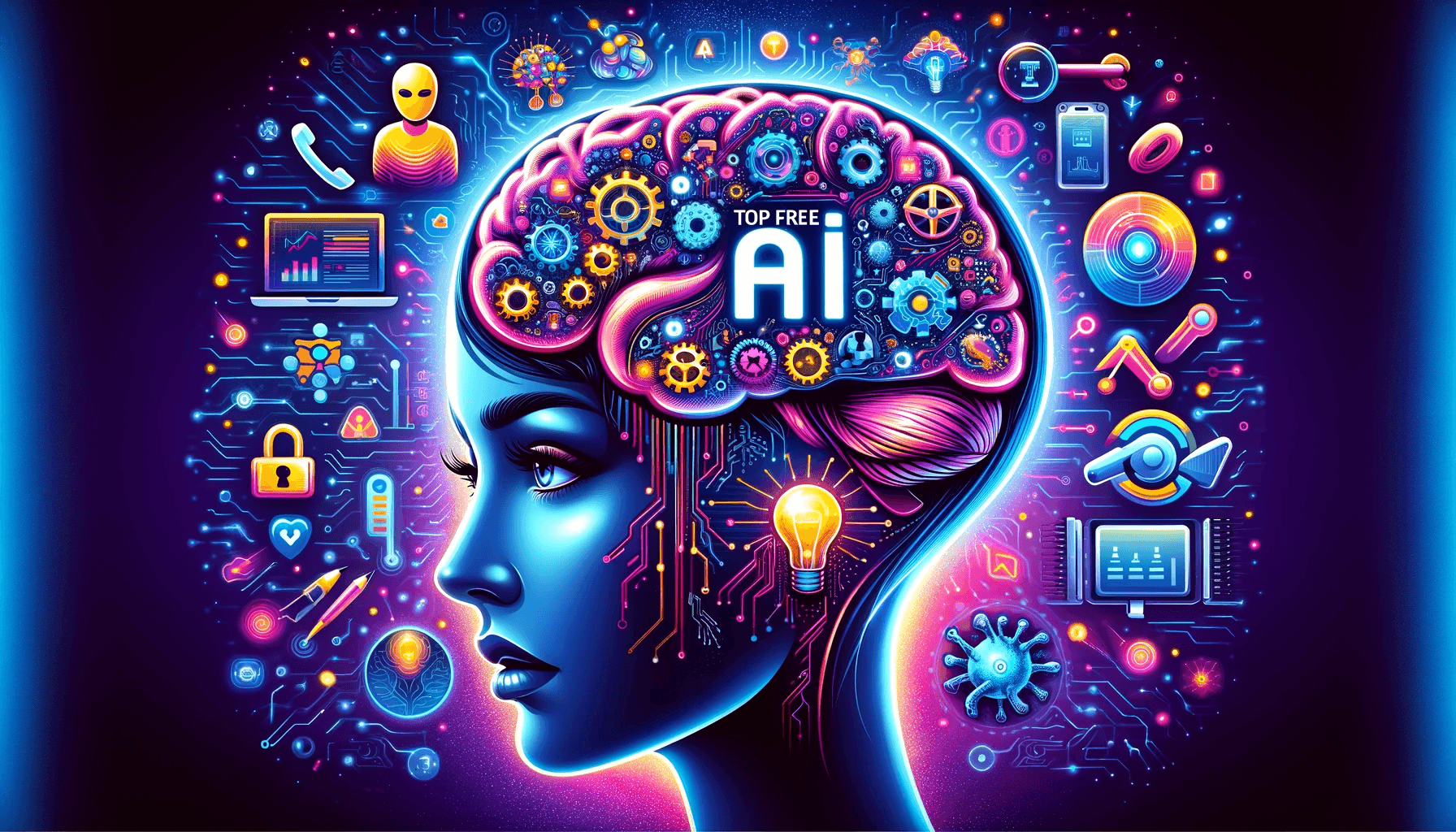Artificial Intelligence (AI) is revolutionizing how social media platforms operate, influencing everything from personalized content delivery to automated moderation. Real-world case studies highlight how AI is transforming user engagement, brand strategy, and digital communication across social networks.
How Is AI Used in Social Media?
AI in social media involves machine learning algorithms, natural language processing, and computer vision to analyze massive amounts of user data, automate tasks, and improve decision-making. From content recommendation engines to chatbots, AI is reshaping the digital landscape.
Case Studies in AI in Social Media
1. Facebook – Personalized News Feeds and Content Moderation
Use Case: Facebook uses deep learning algorithms to curate each user’s news feed based on interests, engagement patterns, and behavioral data.
AI in Action: Its AI systems rank posts using engagement predictors and filter harmful or inappropriate content using image recognition and natural language processing.
Impact: This enhances user experience and keeps the platform safe while ensuring relevant content is surfaced.
2. Instagram – Visual Search and Spam Detection
Use Case: Instagram employs AI for content recommendations, image tagging, and spam filtering.
AI in Action: The platform’s AI uses computer vision to understand image content and suggest similar posts. NLP-based systems identify and remove spam or abusive comments.
Impact: Improved content discovery and a cleaner, safer user environment.
3. TikTok – Hyper-Personalized Video Feeds
Use Case: TikTok’s For You page is powered by one of the most sophisticated recommendation algorithms in the industry.
AI in Action: The app analyzes watch time, likes, replays, and shares to build a real-time preference profile for every user.
Impact: This results in exceptionally sticky user engagement and viral content cycles.
4. Twitter (now X) – Misinformation Detection
Use Case: Twitter has implemented AI to flag potentially misleading or harmful tweets.
AI in Action: The platform leverages NLP to detect controversial language and contextually assess tweets against fact-checking databases.
Impact: Helps reduce the spread of fake news and maintain content integrity.
5. Snapchat – Augmented Reality and Face Filters
Use Case: Snapchat uses AI to power its popular AR lenses and filters.
AI in Action: Facial recognition and real-time object tracking allow dynamic overlays and visual effects tailored to individual users.
Impact: Offers immersive user experiences and innovative marketing opportunities for brands.
Key Takeaways from the Case Studies
- User Personalization: AI helps platforms deliver highly relevant content, keeping users engaged longer.
- Content Moderation: Automatic detection of hate speech, nudity, and misinformation helps platforms scale their safety efforts.
- Marketing & Engagement: AI-driven insights help brands understand trends, schedule posts, and optimize ad spend.
- Innovation in Experience: From AR filters to predictive search, AI elevates user interaction beyond basic social networking.
Conclusion
AI is no longer a futuristic concept—it’s at the core of today’s social media ecosystem. As these case studies show, AI enhances how content is created, curated, and consumed. With thoughtful implementation, AI can continue to empower both users and platforms to navigate social media in smarter, safer, and more creative ways.







Leave feedback about this